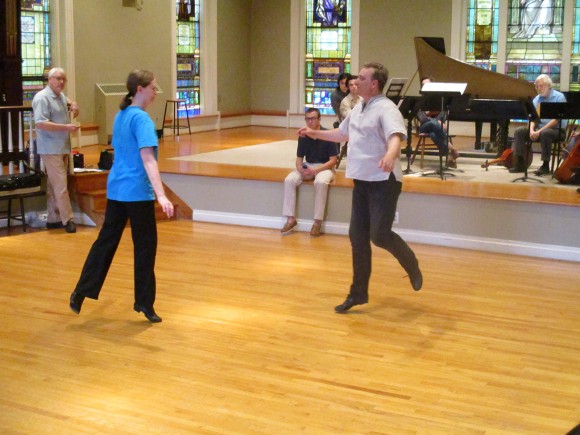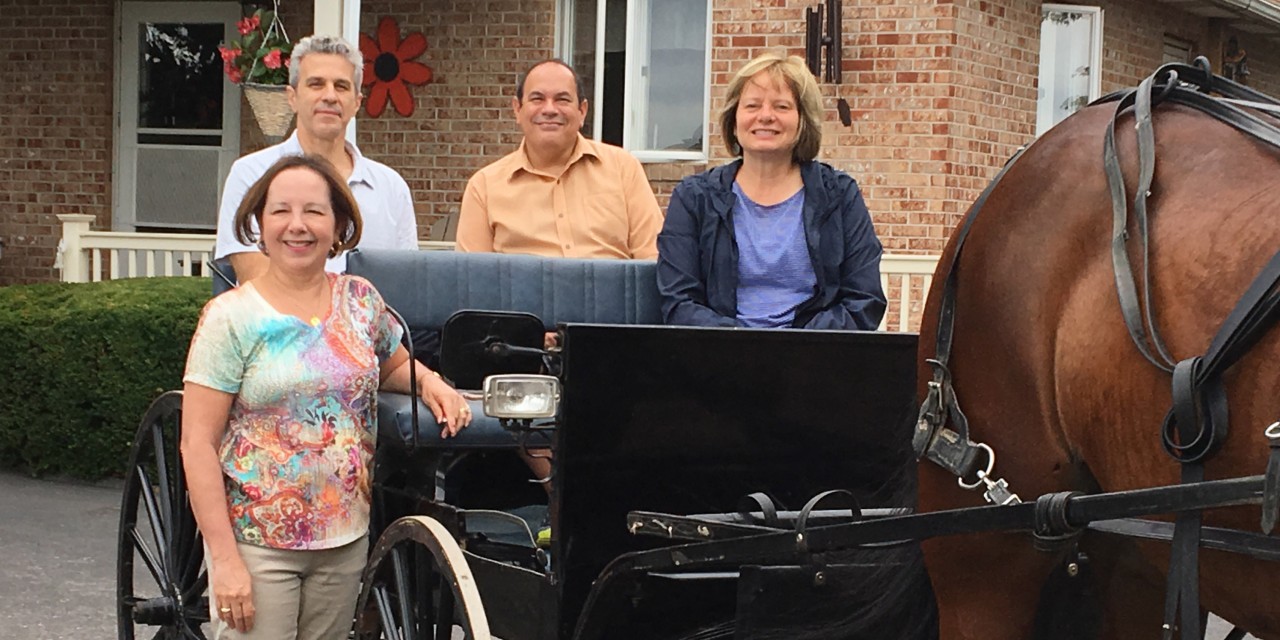The musical traditions of Johann Sebastian Bach and the reformation churches are deeply rooted in Bethlehem, Pennsylvania. Moravian College has shared the region’s rich musical heritage with K-12 teachers from around the country through a longstanding National Endowment for the Humanities Institute for School Teachers. The four-week institute brings together 25 school teachers from across the country in Bethlehem to learn from experts and from each other, infusing elementary, middle, and high school curricula with Bach and the musical, religious, and cultural history of the 17th and 18th centuries.

Music has been a part of Bethlehem's cultural life from the very beginning. Bach’s music was brought to American shores by the Moravians, members of a reformation church from what is now Germany, who settled Bethlehem in 1741. America’s first Bach choir was founded in Bethlehem in 1898 and has continued to perform in Bethlehem and around the country. The Bethlehem area is also home to a number of reformation churches in addition to the Moravian Church, all of which have significant musical traditions.
Institute Director Hilde Binford of Moravian College explains that participants take full advantage of being in Bethlehem through site visits, lectures, and workshops that feature local resources.
“We went to the Moravian Archives. We also worked with the Bach Choir of Bethlehem. The director Greg Funfgeld was able to join our institute and to present materials to our teachers about teaching Bach to children,” Binford explains. The institute also visited Moravian and other Anabaptist and Pietist historic sites and communities in the Bethlehem region like the The Schwenkfelder Library and Heritage Center and the Ephrata Cloister. “We spent time with an Old Order Amish family and had a meal with them and visited one of their schools,” Binford continues. These groups would have been known to Bach and together with the study of their music traditions, offering participants a window into a time of great cultural and religious change in Europe and its profound impact on American life.
In sponsoring the program, the NEH defrays the cost of travel and attendance for the teachers who participate. The institute strives for diversity, including teachers from different regions, schools, and disciplines. Recent years have included teachers of German, religion, English as a Second Language, and visual and performing arts. It helps all of these teachers incorporate music into their K-12 curricula.
Lectures and workshops led by field leaders illuminate and contextualize Bach’s work and illustrate how studying Bach offers opportunities to learn about the Enlightenment.
Binford recalls one lecture from faculty member Michael Marissen of Swarthmore College, which focused on the integration of religious ideas in Bach’s music. Marissen demonstrated that Bach’s Brandenburg Concerto #1 conveys the New Testament idea that hierarchies are to be inverted by reversing the roles of instrumentalists in the Concerto. “So in a concerto that’s written for the court, he actually has the instruments play in different roles than you would normally expect, and it evokes the upside down world," Binford explains.
Through lectures, workshops, and site visits, participating teachers develop expertise that they can contribute to their home schools. “The only obligation in fact is to prepare a lesson and bring it back to their schools,” Binford explains. “The lessons varied tremendously because of the different grade levels and what would be appropriate to the different schools. In the last two days, they signed up for 10 minute slots and they presented their ideas and their lesson plans. Then there was time to give them suggestions, feedback, and other ideas.”
The lessons plans are available on the institute’s website.
